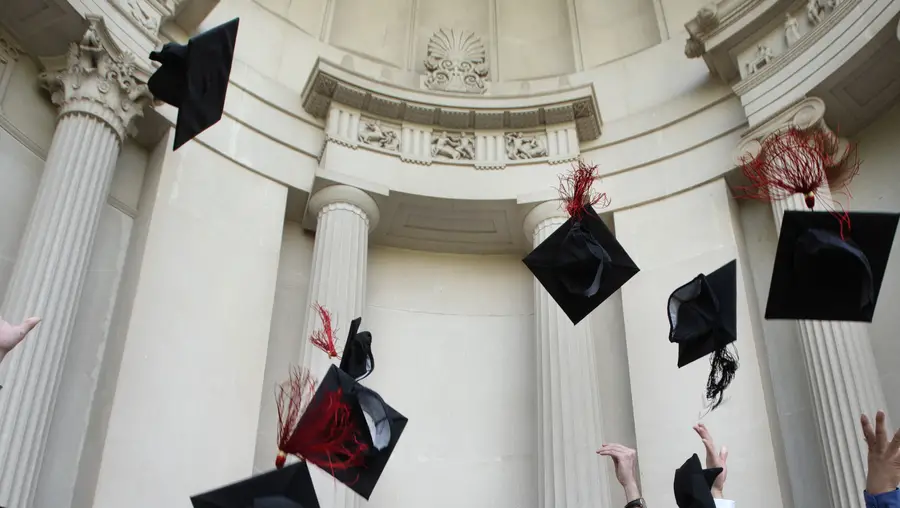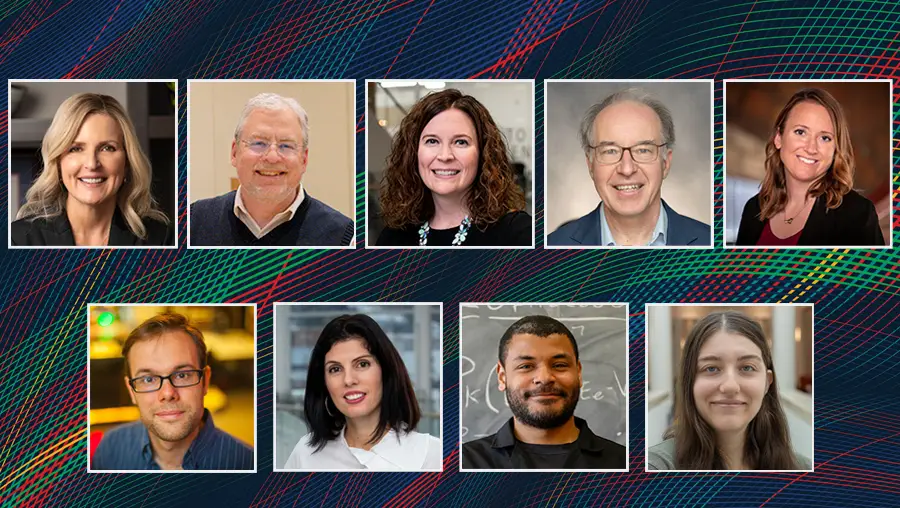
Can Generative AI Replace Humans in Qualitative Research Studies?
It can be tempting to use LLM-based tools as replacements for human participants in qualitative research studies. But CMU research shows that replacing humans with LLMs has limitations and presents ethical concerns.

Carnegie Mellon University Honors Class of 2025 at 127th Commencement Ceremony
CMU President Farnam Jahanian conferred 6,741 degrees as their families, friends and loved ones looked on, sending a new wave of talented graduates into the world to continue work that matters

CMU Undergraduates Take on Cancer Research
Among the hundreds of undergraduates who presented their research at this year's Meeting of the Minds — CMU’s annual undergraduate research symposium — some focused their research efforts on improving the understanding eventual treatment of cancer.

The Graduates: 2025
Equipped and ready to graduate, a new class of Tartans will take on the mission to solve societal problems and positively impact the world.

Taking Autonomous Driving Off-Road
Robotics Institute researchers created an off-road autonomous driving system useful for mining, search and rescue, and exploration.

Copilot Arena Helps Rank Real-World LLM Coding Abilities
School of Computer Science researchers developed Copilot Arena, which crowdsources user ratings of LLM-written code to analyze which ones perform best on real-world tasks.

Social Good Inspires Rales Fellows Studying Computer Science
Rales fellows Isabel Agadagba, Wendy Bickersteth, Erick Cohen, Nicholas Dunn and Michael Sutton are hoping their computer science skills will one day impact others aiding in applications such as science research, educational tools, cybersecurity and privacy engineering.

CMU Honors Educational Leaders Across Campus
Carnegie Mellon celebrates faculty, staff and graduate students for their exceptional contributions in education, teaching, advising, mentoring and service with its annual Celebration of Education Awards.

VR/AR Could Help To Manage Everyday Stressors
A new project from Carnegie Mellon's Human-Computer Interaction Institute studied whether virtual and augmented reality can simulate stressful situations — like being at a social event with strangers — and help people practice stress-relief strategies.